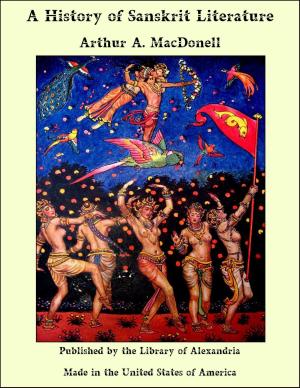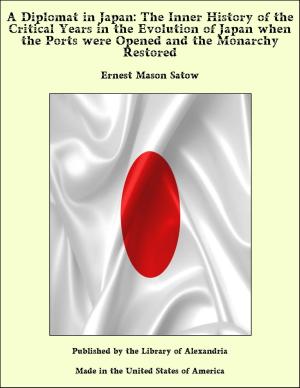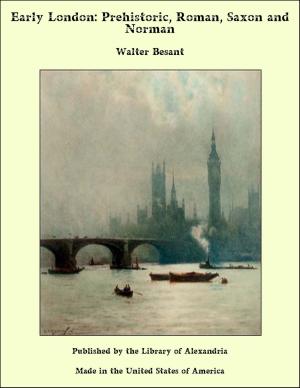An Historical View of the Philippine Islands Exhibiting Their Discovery, Population, Language, Government, Manners, Customs, Productions and Commerce (Complete)
Nonfiction, Religion & Spirituality, New Age, History, Fiction & Literature| Author: | Martinez de Zuniga | ISBN: | 9781465552013 |
| Publisher: | Library of Alexandria | Publication: | March 8, 2015 |
| Imprint: | Language: | English |
| Author: | Martinez de Zuniga |
| ISBN: | 9781465552013 |
| Publisher: | Library of Alexandria |
| Publication: | March 8, 2015 |
| Imprint: | |
| Language: | English |
The original, of which the following translation is offered to the English reader, is, probably, the only copy which has yet reached this country. Whether the chance which threw it in the way of the translator may be deemed fortunate or otherwise must be left to the decision of the candid public; but it appeared to him that the information it contains respecting a Spanish colony, the most interesting of any other to a British subject, supplies that desideratum so much wanted in our language;—a correct view down to a very late period of the Spanish establishments in the Philippines. The position of these islands, and, indeed, that of the eastern Archipelago generally, whether considered in a political or commercial point of view, is sufficiently important. They form the entrepôt of Europe, India, China, the immensely extended regions of Spanish America, the north-western coasts of the new, and north-eastern coasts of the old world; and in the storms which at present convulse the political atmosphere of Europe, as well as that of both the Americas, it is not easy even to conjecture what may be their fate. The productions of these islands are various, and of a value and importance unquestionably high. In the hands of an industrious population, and under a fostering government, there is scarcely any vegetable substance which, by slender exertion, they may not be made to yield, whilst the choicest treasures of the mineral kingdom, lodged beneath their irregular surface, minister largely to the cupidity, and furnish materials for the more enterprising labours of man
The original, of which the following translation is offered to the English reader, is, probably, the only copy which has yet reached this country. Whether the chance which threw it in the way of the translator may be deemed fortunate or otherwise must be left to the decision of the candid public; but it appeared to him that the information it contains respecting a Spanish colony, the most interesting of any other to a British subject, supplies that desideratum so much wanted in our language;—a correct view down to a very late period of the Spanish establishments in the Philippines. The position of these islands, and, indeed, that of the eastern Archipelago generally, whether considered in a political or commercial point of view, is sufficiently important. They form the entrepôt of Europe, India, China, the immensely extended regions of Spanish America, the north-western coasts of the new, and north-eastern coasts of the old world; and in the storms which at present convulse the political atmosphere of Europe, as well as that of both the Americas, it is not easy even to conjecture what may be their fate. The productions of these islands are various, and of a value and importance unquestionably high. In the hands of an industrious population, and under a fostering government, there is scarcely any vegetable substance which, by slender exertion, they may not be made to yield, whilst the choicest treasures of the mineral kingdom, lodged beneath their irregular surface, minister largely to the cupidity, and furnish materials for the more enterprising labours of man















